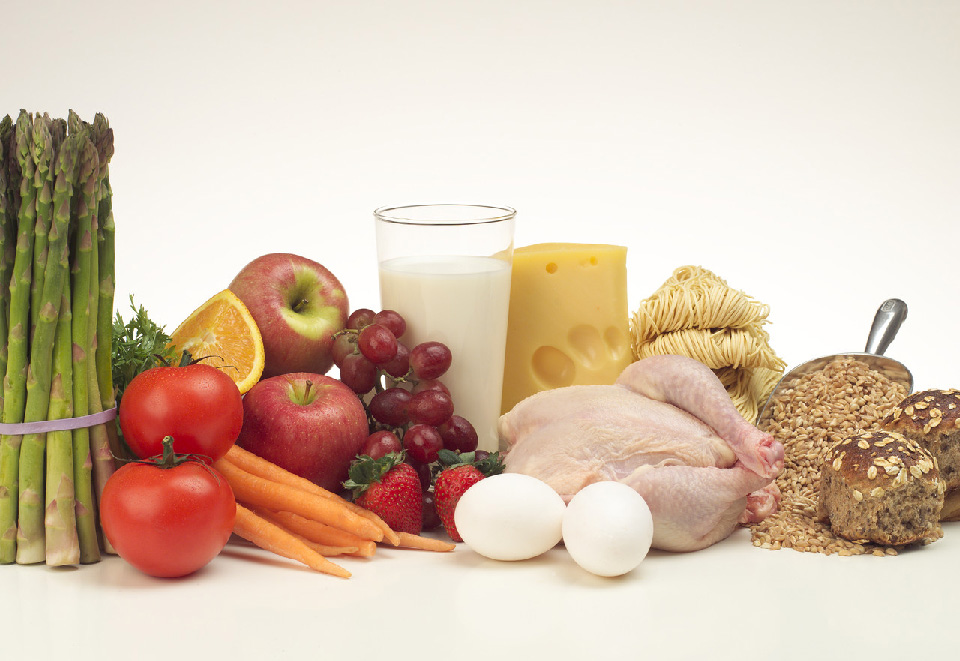
The FDA has revealed more disturbing news. Another company besides Wilbur-Ellis may have bought melamine tainted rice powder concentrate. But, the FDA isn’t naming names—again.
Thousands of hogs may have been fed contaminated, salvage pet food. Hogs on farms in California, New York, North Carolina, South Carolina, Utah, and possibly Ohio are being quarantined and tested. A chicken farm in Missouri may also have used salvage pet food and is being investigated. It isn’t illegal to feed livestock salvage pet food.
The FDA says it’s being “proactive” by starting testing of six grain products—corn gluten, corn meal, rice bran, rice protein, soy protein, and wheat gluten—which are used in human food products like bread and baby formula. I’m not sure what they think the definition of ‘proactive’ is. Thankfully, our Legislators are demanding answers and threatening to withhold FDA officials’ salaries if there isn’t prompt action.
It’s a good thing in light of China’s poor track record for food safety.

